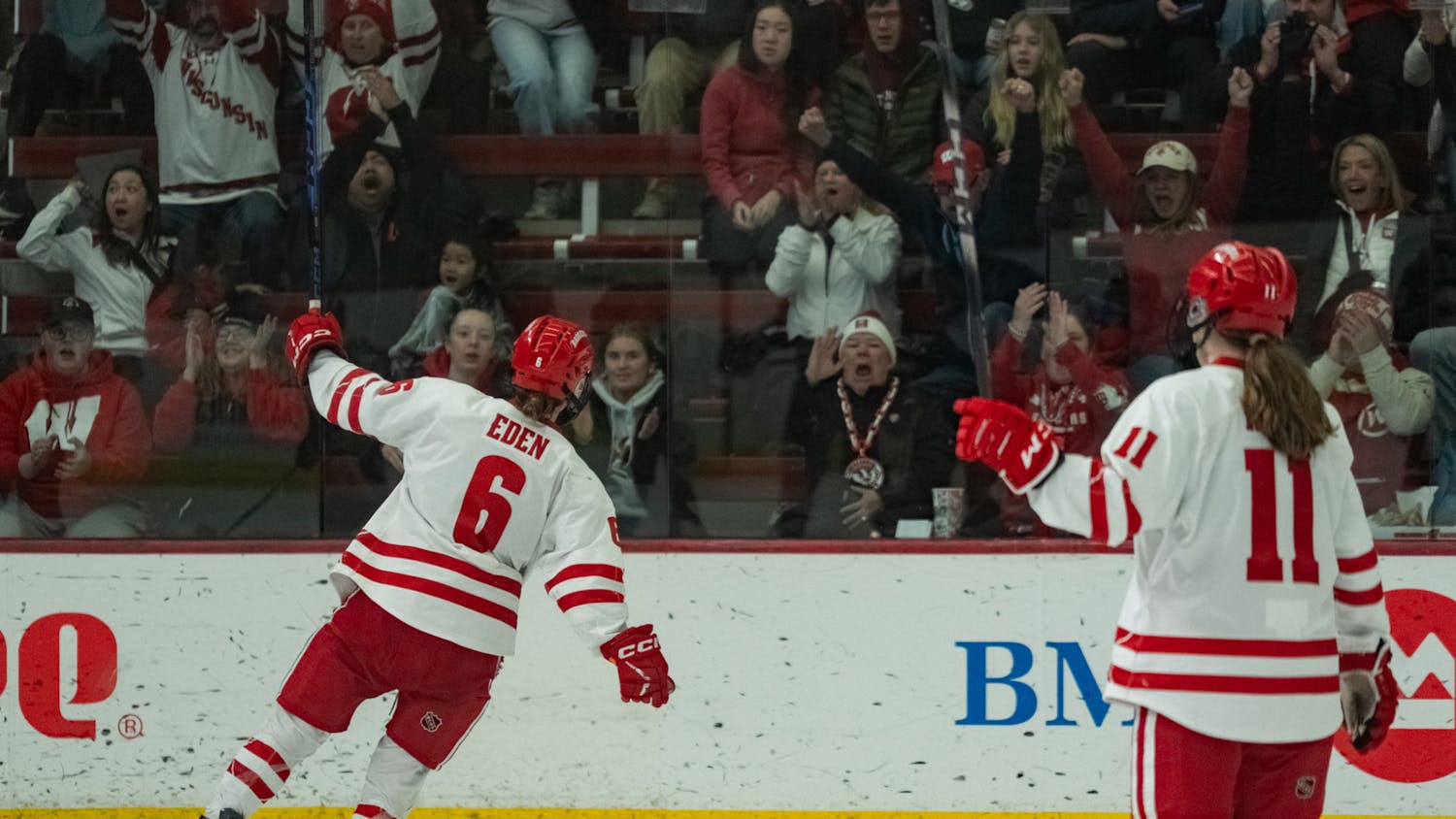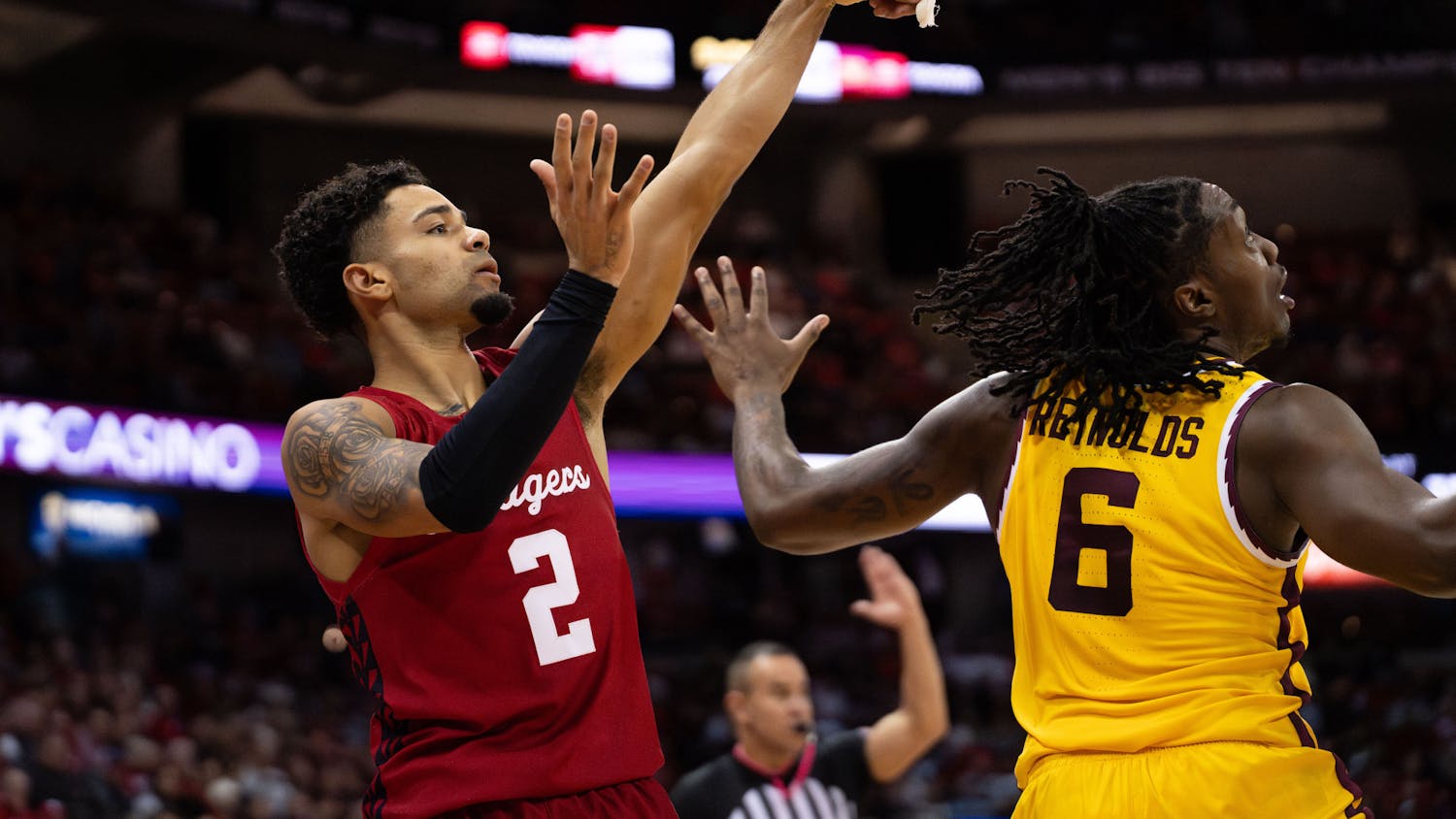On the surface, the National Football League is doing great.
With league revenue nearing $10 billion in 2012, its commissioner getting paid $44.2 million the same year and signs only pointing to those numbers going up, what would there be to change?
Various stories have come out in the past few months, and these recent revelations are painting quite troubling pictures for America's most popular sport.
They range from front-page stories like Richie Incognito's bullying to subtle, not-well-known grumblings of what could be a glaring issue like Myron Rolle.
The NFL also has quite a nasty monster on its plate regarding head injuries and long-term brain damage.
Pop Warner youth football, where a vast amount of NFL players get their beginnings, saw the dramatic decline of nearly 10 percent in participation between 2010-'12. If professional football wants to reach its lofty goals (Commissioner Roger Goodell set a goal of bumping that $10 billion revenue to $25 billion by 2027), it will need to keep players on the field.
The NFL's image has taken and will continue to take huge hits with the ongoing concussion crisis, but the questions regarding league culture also point to abhorrent ills.
A recent report by an independent writer, Ted Wells, detailed a three-month investigation into the Miami Dolphins bullying scandal with Incognito and fellow offensive lineman Jonathan Martin.
The thorough, 144-page report reveals rampant use of racial slurs, homophobic language and psychological power plays from Incognito against the former Stanford player. There were also instances of abuse toward an Asian-American trainer.
Incognito's own bigotry and idiocy aside, he was not the only player involved. And the smart money says things like this probably have and are happening in other locker rooms.
The NFL is a work environment, but I have heard many defenses that it cannot be compared to other work places because of the job's nature.
If any work or leisure environment thinks it is permissible for someone—with no recent history of depression—to be tormented to the point of contemplating suicide, twice, then I suggest they reconsider.
In a bizarre situation that has received significantly less exposure, Myron Rolle's "rejection" from the NFL is detailed in a piece by Aaron Gordon of SB Nation.
Rolle was a standout safety at Florida State preparing for a professional football career when he chose to accept the Rhodes Scholarship to study at Oxford, which subsequently caused coaches to question his dedication to football.
He was at one point a first-round projection for the NFL Draft, but after his year off, he dropped to a third-to-fourth round projection. Then, he slipped to pick 207 in the sixth round of the 2010 draft to the Tennessee Titans.
Gordon makes the argument that Rolle's shortened career is not realistically related to a lack of talent or work ethic—hard to imagine a Rhodes scholar with ambitions of being a professional athlete and neurosurgeon who struggles with either.
"Rolle's case illuminates how archaic and dehumanizing the NFL's narrow conception of what makes a good player can be," Gordon wrote. "To the NFL, people can only be athletic or smart, articulate or dumb, thuggish or timid. These false dichotomies confuse people when someone doesn't quite fit."
Was the NFL afraid of Rolle's intelligence and how his interest in neurology might clash with the concussion crisis? No one from the league would say this outright, but Gordon makes a compelling argument.
For a league as big as the NFL, there will be variability in player intelligence and acceptance of others. However, the treatment of Rolle and Martin details a frightening trend.
The image of the league is taking serious hits. The stereotypical football locker room filled with "jocks" and the antithesis "nerds" who are picked on for being different has no place anywhere in today's society, especially not an adult and professional environment.
In many instances, locker rooms police themselves. In others, the whole organization will police itself. With regard to the culture of the league, the NFL itself needs to set forth strict mandates and a no-tolerance policy—for lack of a better term—for intolerance.
If the NFL and its players continue to resist the accommodation of the "intelligent athlete" to its schema and the sport continues to see dramatic reduction in participation, then forget about making $25 billion in 2027. The league might not last until then.
Does the NFL have an image crisis? Do you think Jonathan Martin was bullied because of his intelligence? Let Jonah know your thoughts by emailing jonah.beleckis@dailycardinal.com.






